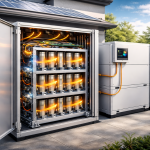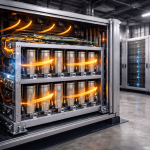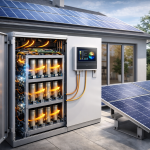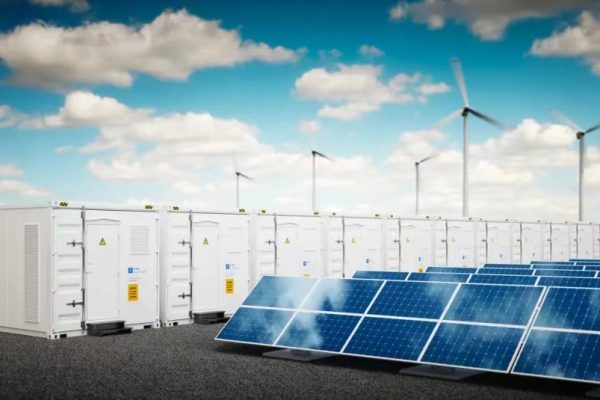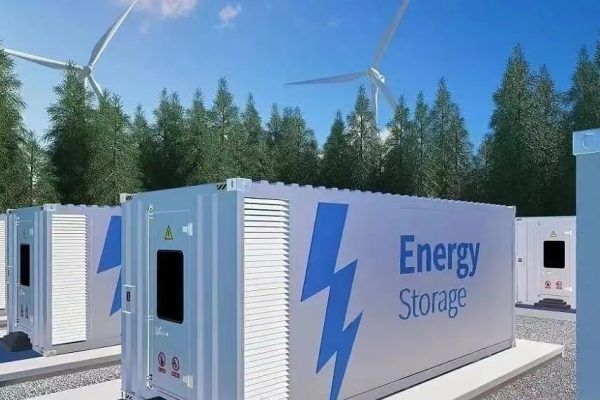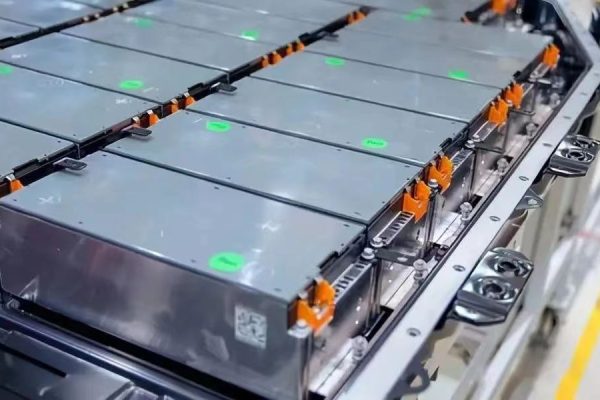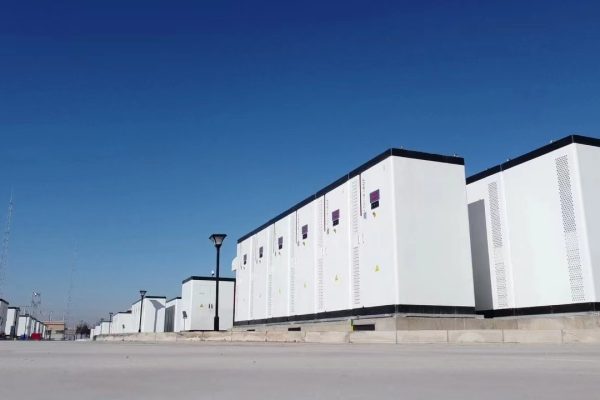Why Empowering Local Partners Is Key to Long-Term Success
As energy storage systems (ESS) gain traction globally, manufacturers and exporters often focus on hardware performance and pricing. But a critical piece of the puzzle—local installers—is frequently underestimated.
For SMEs in the export and system integration business, building a reliable installer network is no longer optional. It’s a core part of delivering a functioning product, reducing service costs, and earning long-term trust in the market.
🔧 Who Are “Local Installers”?
Local installers are professionals or small firms in the destination country who handle:
- On-site system installation (PV, battery, inverter)
- Wiring and grounding
- Grid connection setup
- Commissioning and initial testing
- After-sales support (basic troubleshooting, firmware updates)
They’re the “last-mile engineers” of your business model.
🌍 Why Local Installers Matter in ESS
✅ 1. They Understand Local Standards
Every country has its own grid codes, certification rules, and grounding practices. A local installer:
- Knows local regulations
- Communicates with utilities
- Ensures grid compliance during installation
This is critical in markets like the EU, Australia, and parts of Africa where non-compliant systems get rejected or fined.
✅ 2. They Bridge the Trust Gap
For residential and commercial clients, buying a battery system is a high-risk decision. Having a local installer:
- Builds confidence in your brand
- Speeds up decision-making
- Reduces perceived support risk
Even in B2B sales, a local technician can act as the “face” of your company.
✅ 3. They Reduce Warranty Headaches
When something goes wrong, having someone on the ground:
- Cuts down diagnosis time
- Avoids unnecessary returns
- Prevents shipping costs for minor issues
- Keeps the client calm while a solution is arranged
In many cases, inverter and BMS errors are caused by wiring mistakes or firmware misalignment, which a trained installer can fix locally.
✅ 4. They Can Grow Your Brand
Installers talk. A good installer who trusts your product can:
- Recommend it to peers
- Offer it as part of their core package
- Provide photos, videos, and testimonials
- Introduce you to other distributors
Think of them as decentralized sales reps—who get paid by their clients, not by you.
🧱 Building Installer Networks: What Works?
| Strategy | Description |
|---|---|
| Training Sessions | Online or in-person installer training on your product |
| Install Guides with Photos | Clear, step-by-step documentation helps prevent miswiring |
| Local Spare Part Stock | Common parts (fuses, MC4s, relays) pre-positioned with them |
| Installer WhatsApp/Telegram Group | Direct tech support line + peer learning |
| Certification/Badge Program | Offer badges or certificates for trained partners |
🔄 Real-World Examples
🇰🇪 Kenya:
An inverter supplier partnered with 10 local solar technicians. Within 8 months, 70% of their ESS kits were sold with installation included. Client complaints dropped by 50%.
🇵🇭 Philippines:
A distributor gave small installers exclusive access to certified kits. In exchange, they had to submit one full install photo set per system. These were used for social media and sales brochures, creating a win-win.
📈 The Business Impact
| Metric | Without Local Installer | With Local Installer |
|---|---|---|
| Time to Commission | 3–4 weeks | 3–5 days |
| End-user Satisfaction | Medium | High |
| Repeat Orders | Low | High |
| Technical Support Tickets | High | Low |
| Social Proof/Case Studies | Rare | Frequent |
In the energy storage business, a good product is only half the equation. The other half is how well it’s installed, supported, and explained to the end user.
If you’re an exporter, ESS OEM, or system integrator targeting international markets, your success depends heavily on empowering local installers:
- Train them
- Support them
- Trust them
- And let them grow your brand on the ground

